Advanced Computing at USC is Everywhere
Where USC has made its mark in computing
By Adam Smith
(Illustrations by Raymond Biesinger)
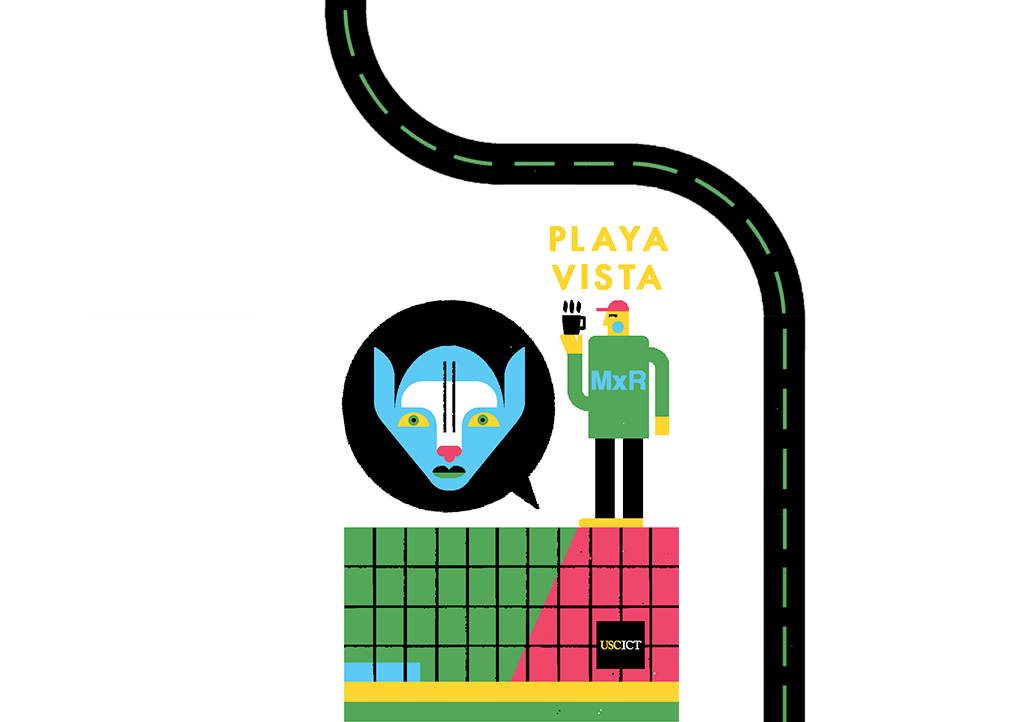
THE USC INSTITUTE FOR CREATIVE TECHNOLOGIES is a global leader in virtual humans, graphics, AI and mixed reality. The space houses the Vision & Graphics Lab, where USC’s Paul Debevec won an Oscar for creating characters for films such as Avatar, The Matrix and Gravity. It is also home to the Mixed Reality Lab (MxR), where former ICT engineer Palmer Luckey developed early versions of the Oculus Rift.
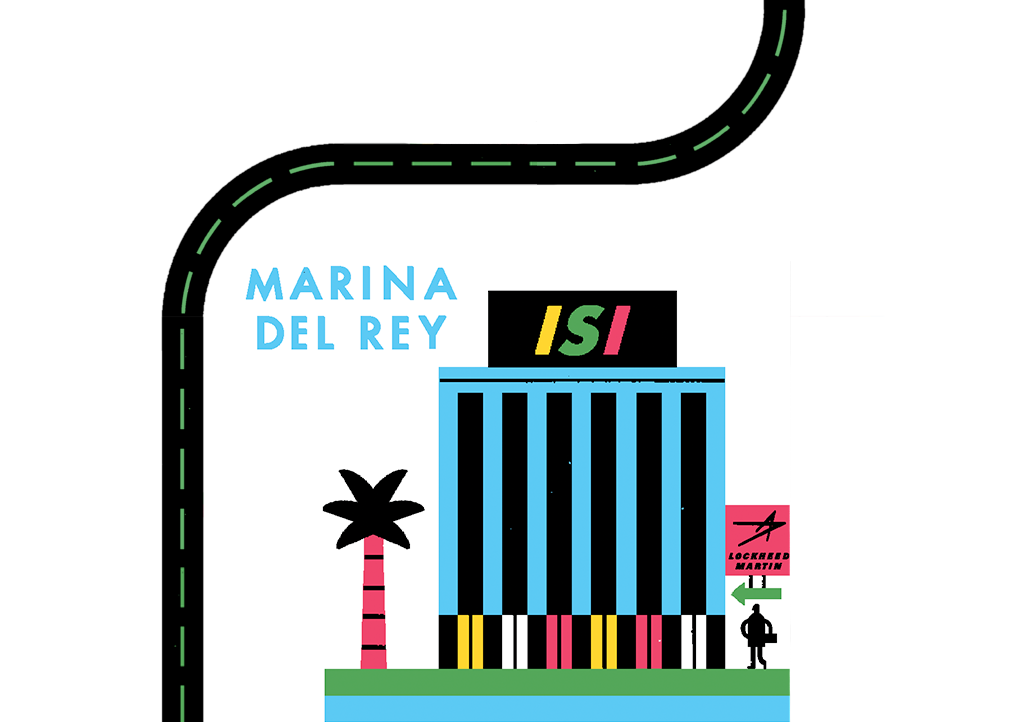
THE USC INFORMATION SCIENCES INSTITUTE (ISI) is USC’s “crown jewel” research institute that helped design, develop and run the early internet. ISI houses the USC-Lockheed Martin Quantum Computing Center, the only commercial quantum computing system in the world hosted and operated by a university. It is also home to DeterLab, the nation’s largest and most advanced test bed for R&D on next-generation cybersecurity. There are ISI centers located in Waltham, Mass., and Arlington, Va.
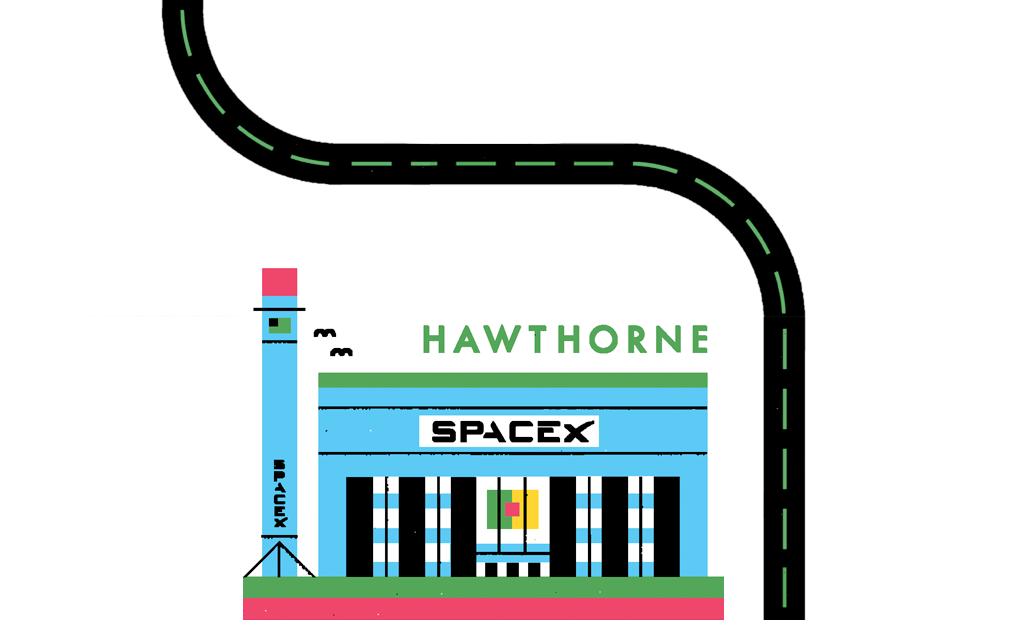
SPACEX, the world’s most recognizable private space company, employs more engineers from USC than any other school.
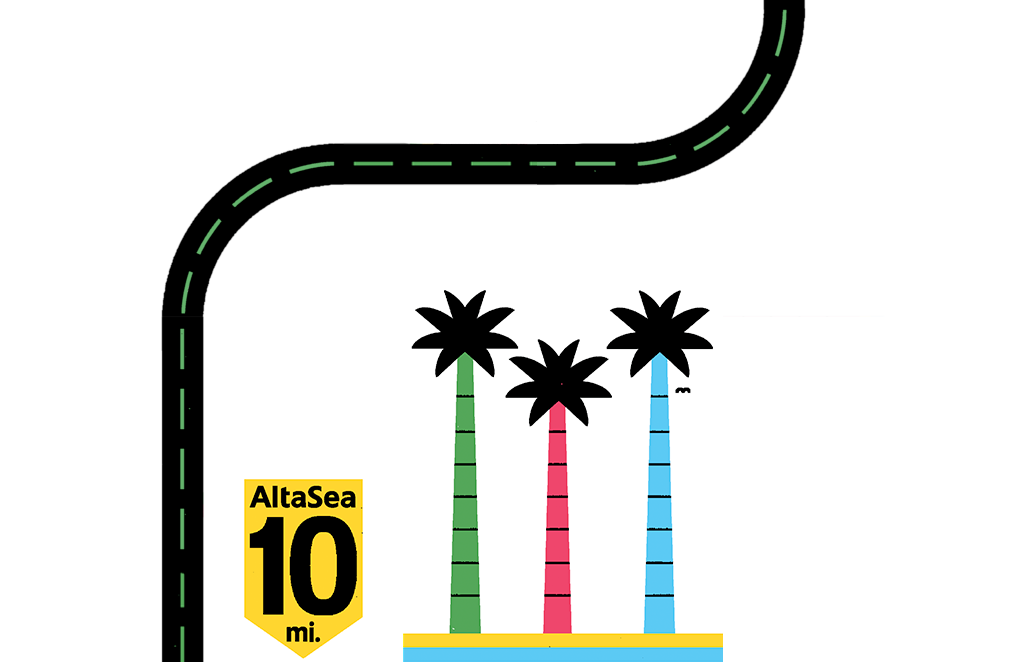
USC’S ALTASEA URBAN MARINE RESEARCH CENTER is a 35-acre lab that uses computing to create solutions in business and education by addressing climate change and global food security for the future of our oceans.
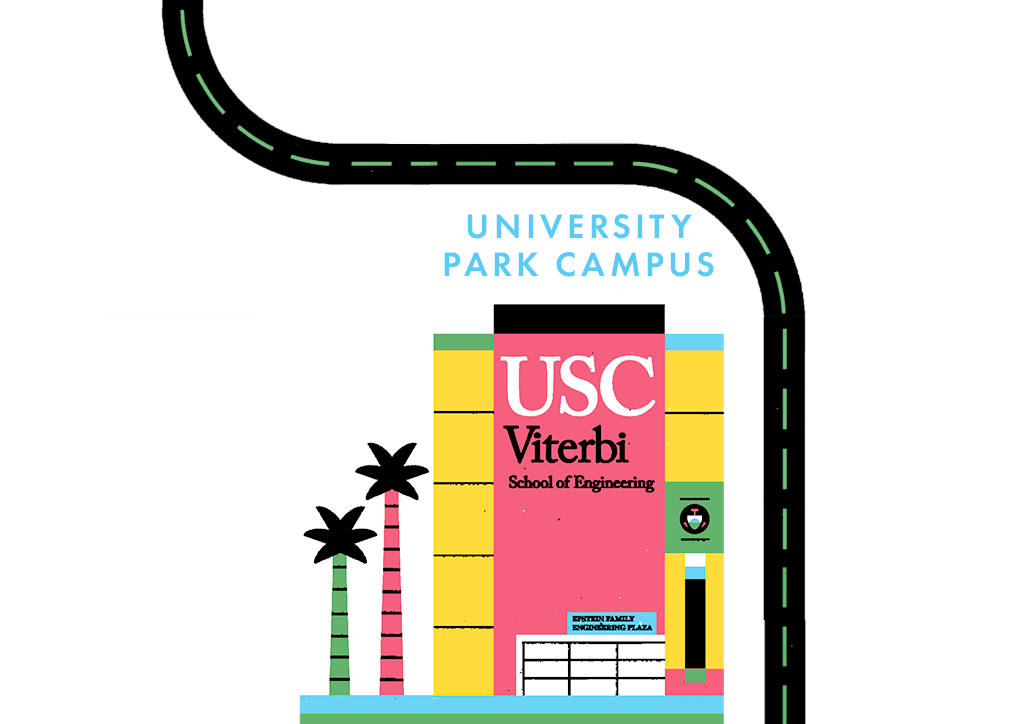
THE NSF I-CORPS HUB WEST REGION is led by the USC Viterbi School of Engineering; the $15 million hub supports tech startups for the Western United States in partnership with seven universities.
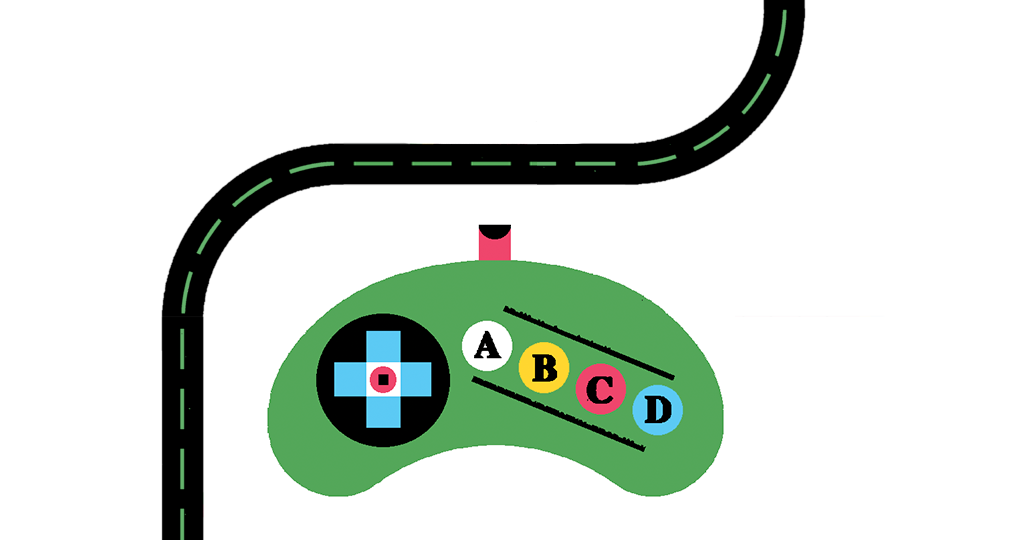
USC GAMES, ranked the top games program in the country for more than a decade, is a joint program between the USC School of Cinematic Arts and USC Viterbi.

THE USC SIGNAL AND IMAGE PROCESSING INSTITUTE is where coding research began for the JPEG and MPEG standards used for digital image compression—enabling today’s selfies.

DR. ALLEN AND CHARLOTTE GINSBURG HUMAN-CENTERED COMPUTATION HALL opens in 2024; the 116,000-square-foot facility will be home to the new USC School of Advanced Computing.
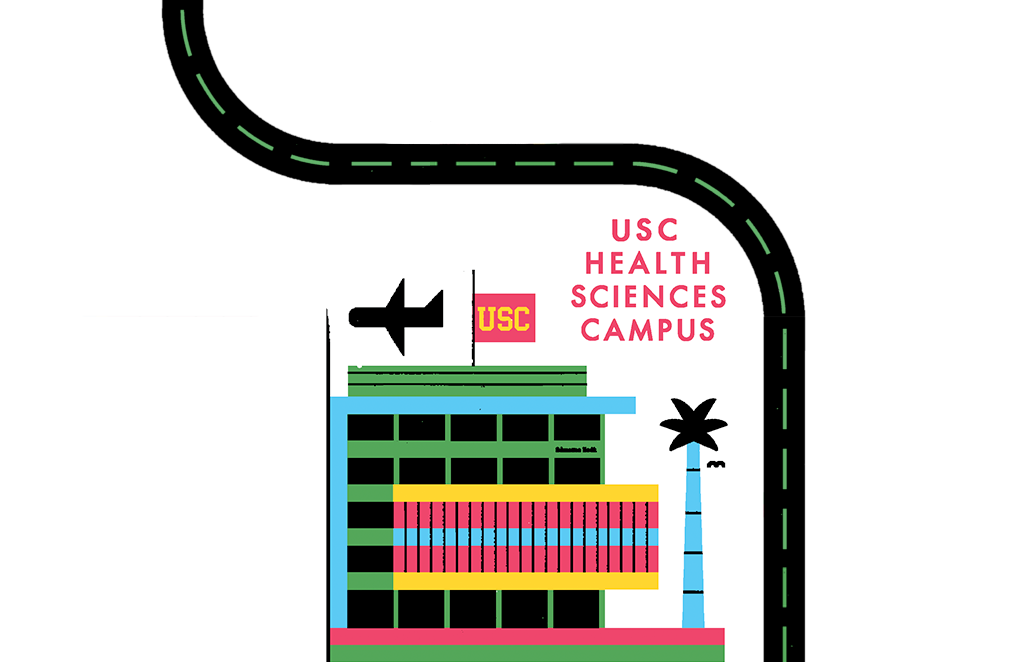
THE USC CENTER FOR BODY COMPUTING was founded in 2006 as one of the nation’s first academically based digital health research and innovation centers.
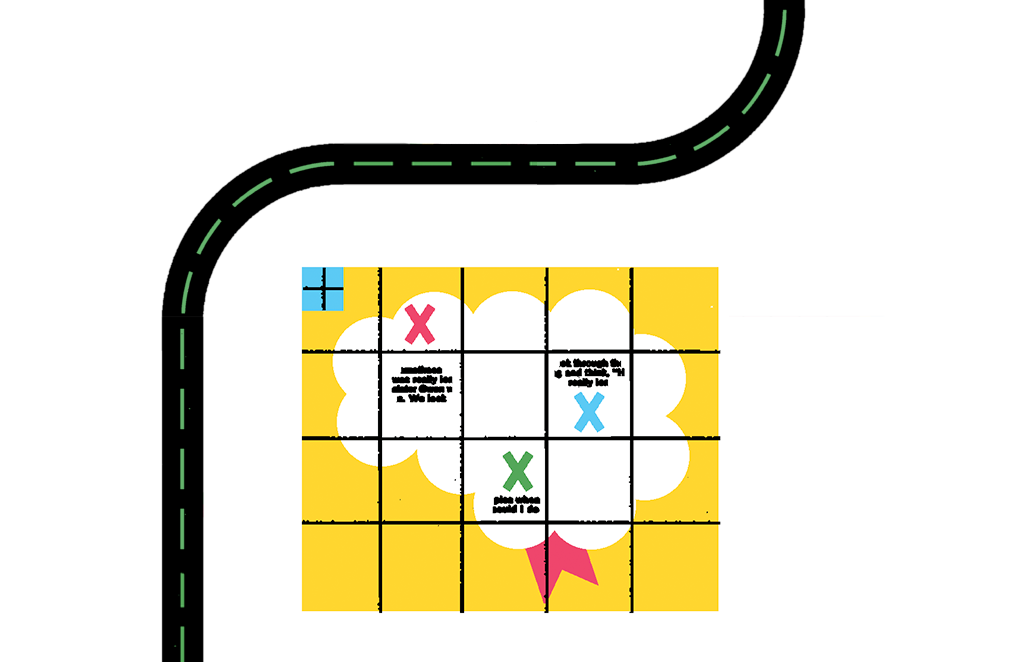
THE USC MARK AND MARY STEVENS NEUROIMAGING AND INFORMATICS INSTITUTE leads a massive, $17.8 million new AI study of Alzheimer’s, aiding precision diagnostics, prognosis and the development of new treatments.